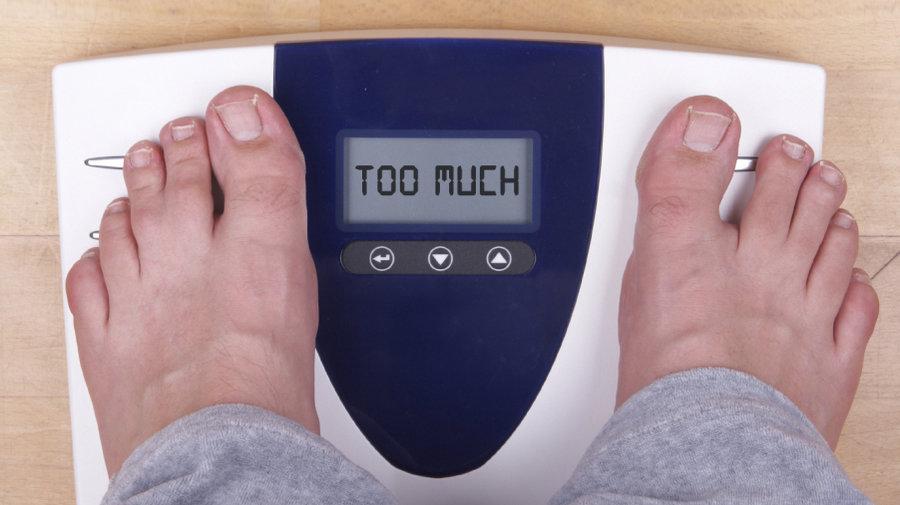
Overweight and Obesity
The significant characteristic of being overweight or obese is that both occur due to having excess body fat. The difference is just the degree of excess fat. Weight for height index called(BMI) body mass index helps to classify if someone is overweight or obese. </p
Ideal, Overweight and Obese Weight
You calculate BMI by determining a person's weight and dividing it by square of his or height in meters. The formula is kg/m2.You use the same formula to calculate the BMI for men and women.
A BMI of 18.5 to 24.9 is healthy, but 25 to 29.9 is overweight. A BMI of 30 or more shows that the person is obese.
Obesity also has categories as some people are more obese than others.
- Class 1: BMI of 30 to 35
- Class 2: BMI of 35 to 40
- Class 3: BMI of 40 or more. Sometimes weight experts regard class 3 obesity as extreme or severe.
A substantial change in BMI in some person necessities the need to determine the cause even when a person is not under or overweight.
BMI in Children
You should consider the age and gender to define the correct BMI and weight status in children and teen up to 19. The difference is that the body fat content in boys and girls differs as they mature.
You determine whether a child is overweight or has obesity by comparing BMI levels of their agemates using one of these steps:
- Determine the weight in kilograms or use a converter if you know it by pounds.
- Determine the height in meters or convert if you know it by inches.
- Use the child weight in kilograms and the height in inches to determine the body mass index.The formula requires you to multiply the height by itself (height squared), e.g., 1.2m by 1.2 m.
- Dividethe weight in kilograms it by height squared as above 3(a).
The result of above calculation is the child's BMI that you should use to determine whether it is the healthy, overweight or obese range.
Healthy weight: 5th to less than 85 th percentile
Overweight: 85TH to less than 85th percentile
Obese: 95th or more percentile
See Nursingwritingservices.com Reviews Online by our customers and writers. We are among the best-rated nursing writing company in providing nursing services.
Causes of Overweight And Obesity
Energy imbalance between the calories that the body consumes and uses up is the leading cause of excess body fat due to these factors.
- Diet and activity- eating more calories than the amount that the body burns.
- Lifestyle- Many people eat processed high carb diets with more harmful sugars and fats. They also live a sedentary lifestyle
- Genetics- Genes can make some people more susceptible to weight gain after eating more food or inactive life. Such get overweight sooner or gain more weight than ordinary persons who share their lifestyle.
- Medications and health conditions- Some hormone problems such as underactive thyroid or polycystic ovary syndrome (PCOS) can cause someone to be overweight and obese. Some medicine such as antidepressants, seizure medicines, and corticosteroids can also cause weight gain.
- Lack of sleep, stress and emotional factors- Some people unknowingly eat more when they are angry, bored or stressed. Sleeping for less than recommended time increase the chances of getting obesity because the body does not release adequate hormones that control appetite and energy use. The body releases these hormones at night.
How to Reduce Overweight and Obesity
It is possible to prevent or reverse these conditions by taking healthier foods and limiting energy intake from total sugars and fats. The healthy foods that control weight gain are fruit, vegetable, legumes, nuts and whole grains.
Engaging in regular physical activity throughout the week, taking enough rest and living a stress-free life helps to keep weight in check also contributes to weight loss.
To be overweight or obese is a health problem thus individual effort only takes full effect when the affected persons can access healthy lifestyle. The people who are close to the obese and the society should support them in implementing the measures to cut weight.
Policymakers can also help by making policies that increase the supply of healthy foods, support regular physical activity at the workplace and restricting distribution of sugary, fatty foods.

